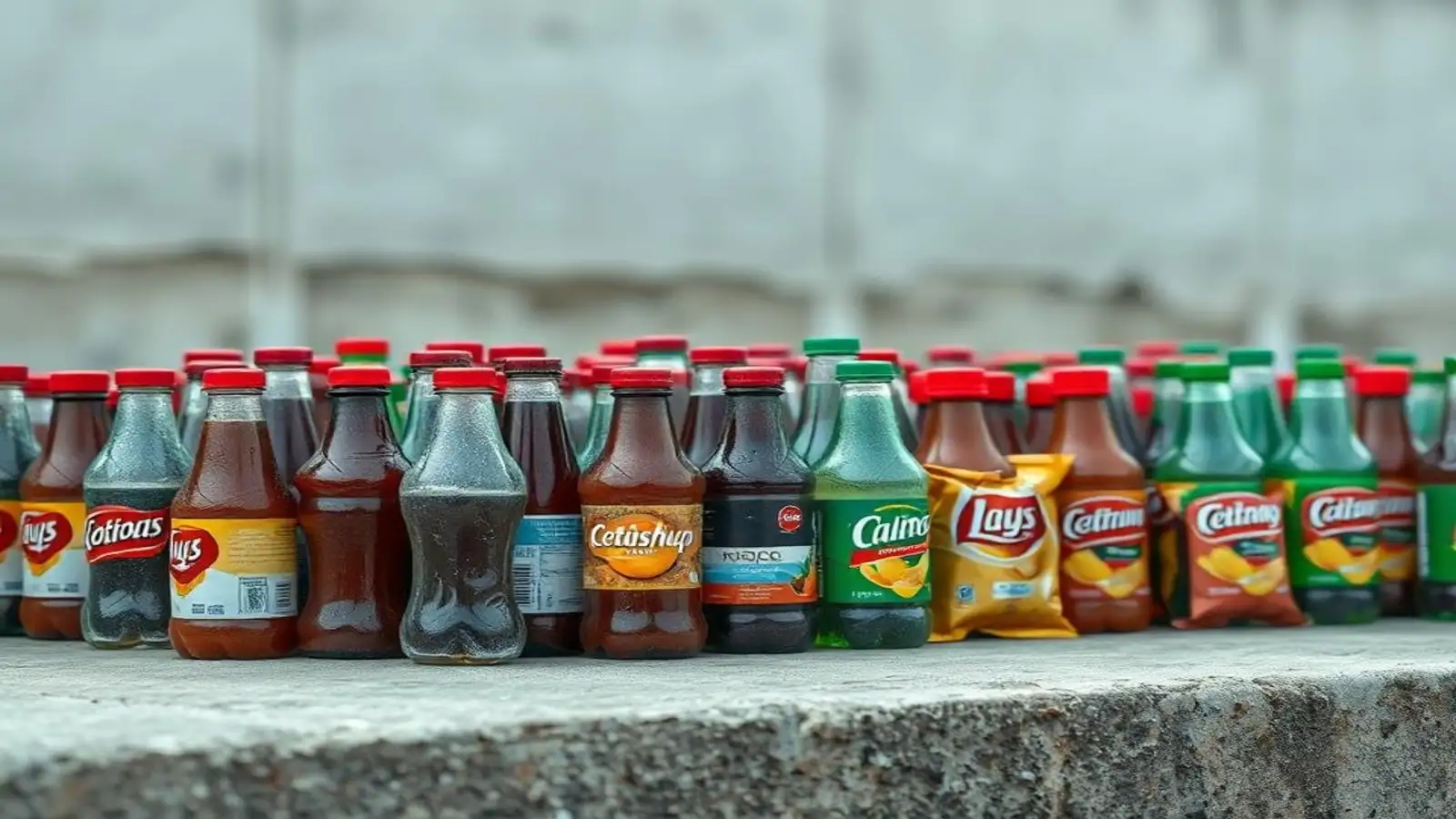The American food industry is once again under scrutiny following the heated debate surrounding an ingredient known as MAHA. This ingredient is considered one of the costly components in processed food products widely marketed to the public. Sharp criticism has come from politician Robert F. Kennedy Jr. and popular health activist Food Babe, who argue that big companies like Kellogg are too reliant on MAHA without considering its long-term health effects.
MAHA in the Public Spotlight
The issue of MAHA surfaced after several public health organizations urged the government to conduct a deeper review of its use. At an official US Department of Health event, public figures, mothers, and children held posters with messages such as Make America Healthy Again and Better Food Brighter Futures. This campaign clearly emphasizes the public’s demand for healthier food and a future free from risky processed ingredients.
Criticism from RFK Jr. and Health Activists
Robert F. Kennedy Jr. openly criticized the practices of large corporations that process food with MAHA. According to him, reliance on this ingredient only benefits corporations while the health burden falls on society. Health activist Food Babe added pressure by directly targeting CEOs of major food companies. She argued that the public has been sacrificed for too long in the name of corporate profit.
Big Food Companies in a Difficult Position
Kellogg’s has become one of the companies caught in the middle of this controversy. As a major player in the processed food market, its strategy regarding the use of MAHA is now under close watch. Large investors and buyers are beginning to question whether the company will maintain this approach or shift strategies to protect its reputation and business sustainability.
Impact on Society
Beyond the issue of high costs, the use of MAHA is also believed to potentially affect public health. Several preliminary studies referenced by health organizations show possible links to long-term risks. While research is still ongoing, public pressure to reduce reliance on processed ingredients is growing stronger. A related article on healthy food trends can be read at Olam News.
Calls for Regulation
The US government, through the Department of Health, has begun weighing the possibility of tightening regulations. Some officials believe there needs to be a balance between industrial innovation and public health protection. These regulatory discussions are still ongoing, but it is already clear that the MAHA issue will become a central topic in public policy debates.
A Wave of Public Support
The MAHA Moms movement, present at the official event, shows the strong voices of the public, particularly parents, demanding healthier food. They carried a moral message that the younger generation deserves the best nutrition without being trapped in dependency on expensive and risky processed ingredients.
Conclusion
The MAHA controversy has sparked a new discussion about the direction of the American food industry. Will major companies continue with their old strategies or respond to public pressure with genuine changes? The answer remains to be seen. What is certain is that the MAHA issue has reshaped how the public perceives processed food and long-term health.
Also read the related article on global healthy food trends to understand how consumption patterns are shifting worldwide.




